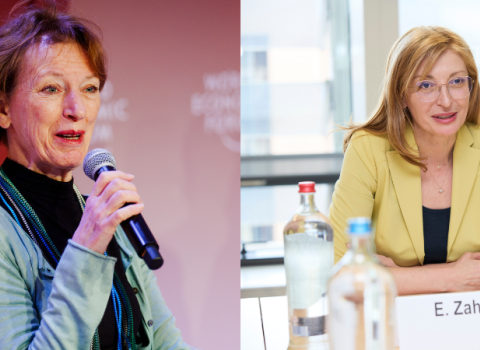An investigation of nearly 200 completed European Research Council (ERC) projects finds that almost three-quarters have resulted in a scientific breakthrough or major advance.
The evaluation, presented on Tuesday at the EuroScience Open Forum in Manchester, rated a relatively small sample of 199 projects, among the first to be funded by the council, mostly in 2007 and 2008.
It found 43 projects led to a scientific breakthrough, 99 projects led to a major scientific advance — and only 7 had had no appreciable scientific output.
The evaluators also judged that almost 10 per cent of projects had already had a large impact on the economy, and that around one-quarter were likely to do so in the future.
Jean-Pierre Bourguignon, ERC president, says that the evaluation, “Shows that betting on ambitious high-risk/high-gain frontier research … truly pays off.”
Since 2007, more than 60,000 proposals have been submitted to ERC calls, of which some 6,000 have been selected for funding. The ERC receives its funding through the current EU science programme, Horizon 2020.
By the end of 2014, more than 500 ERC funded projects had been completed.
This study follows the announcement of €1.8 billion for ERC research grants next year, which is the highest annual budget allocation to date.




 A unique international forum for public research organisations and companies to connect their external engagement with strategic interests around their R&D system.
A unique international forum for public research organisations and companies to connect their external engagement with strategic interests around their R&D system.